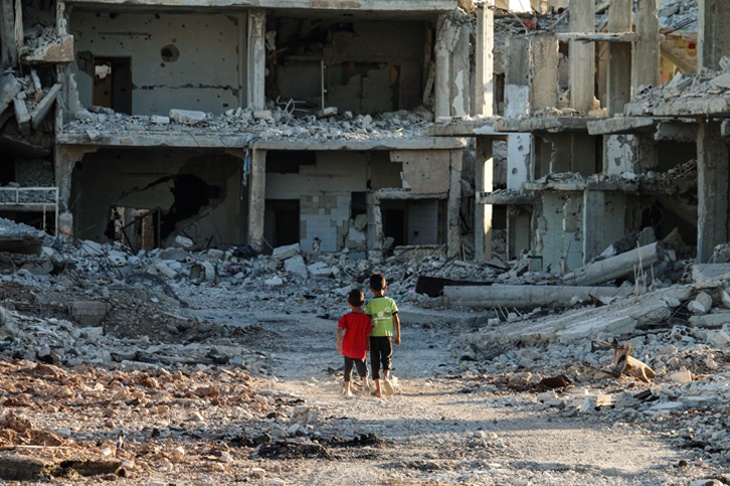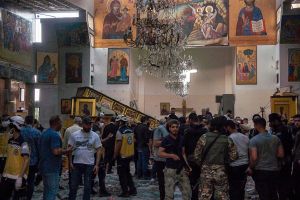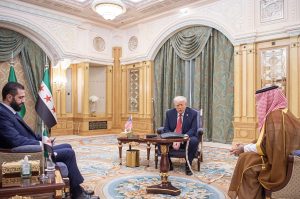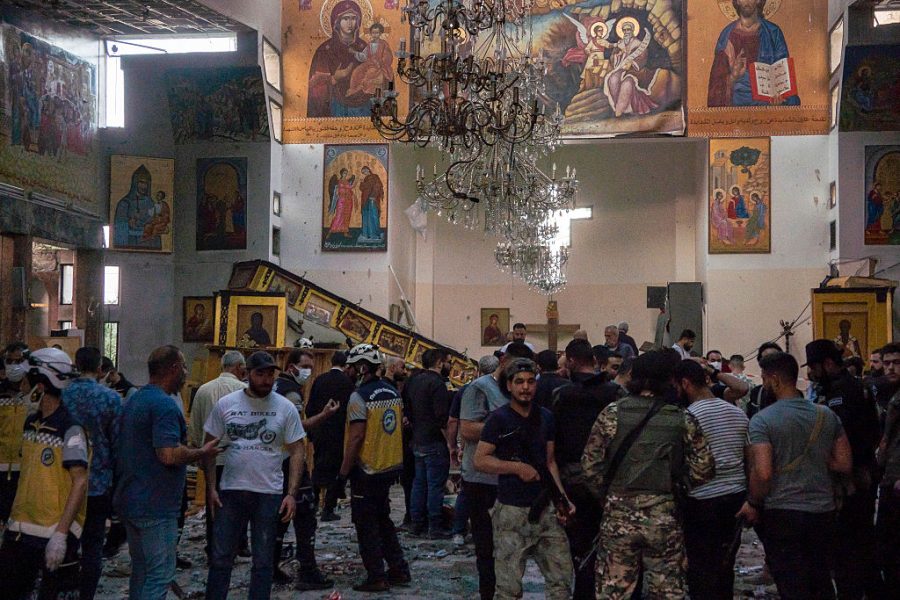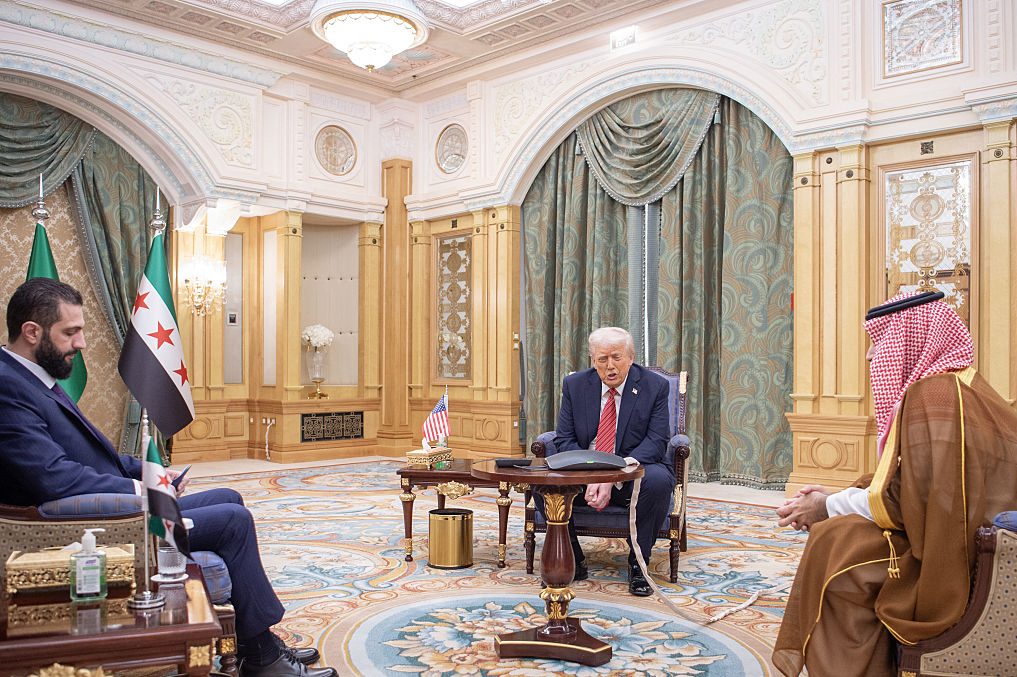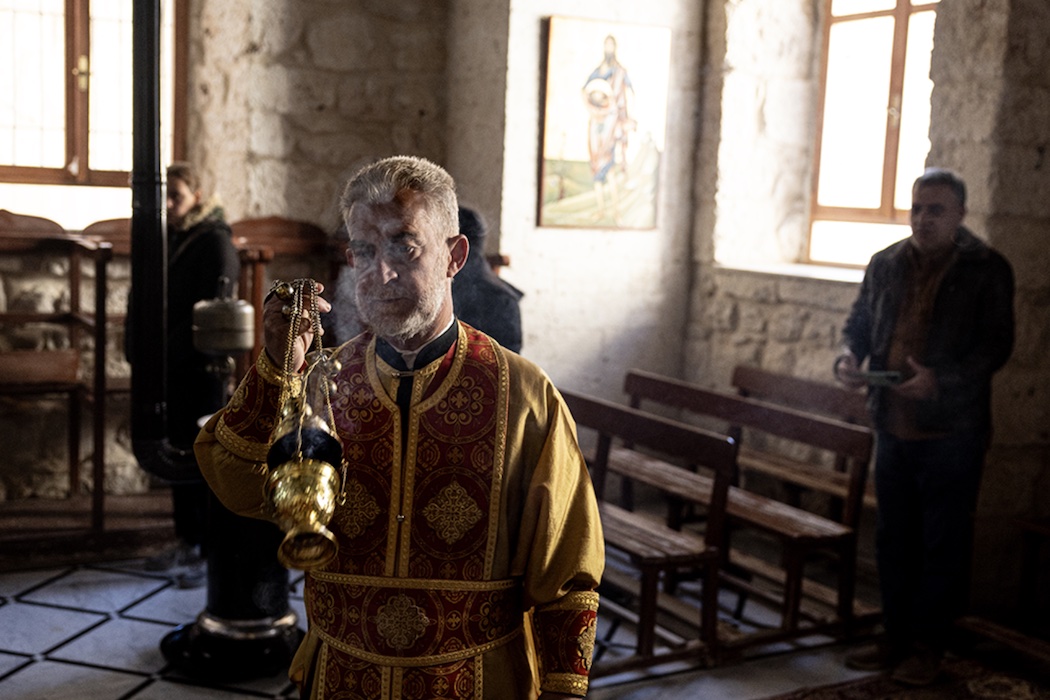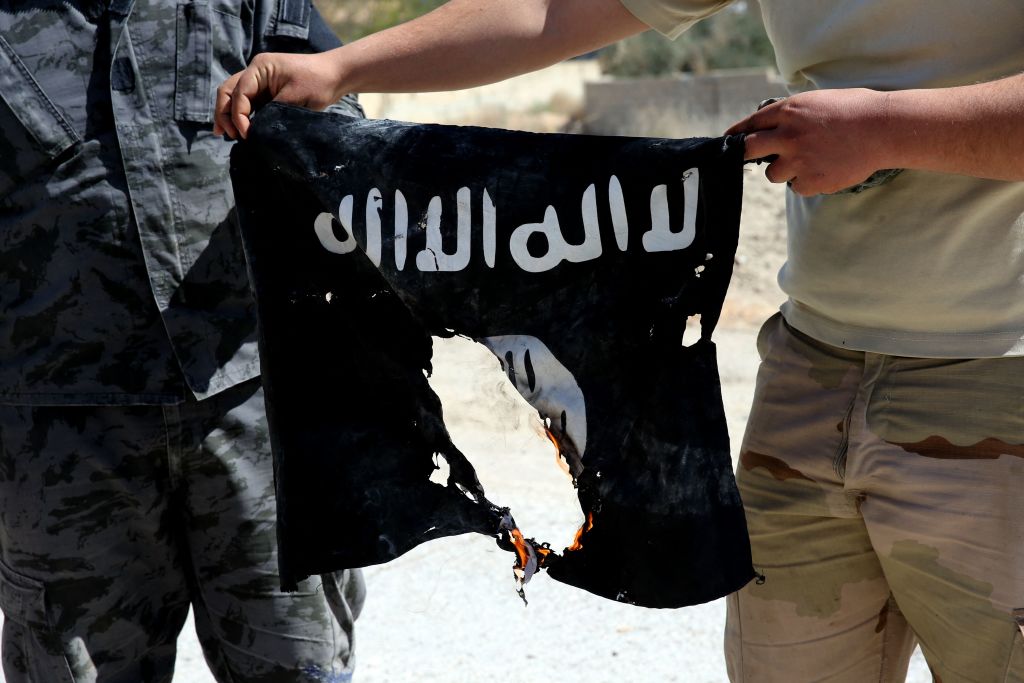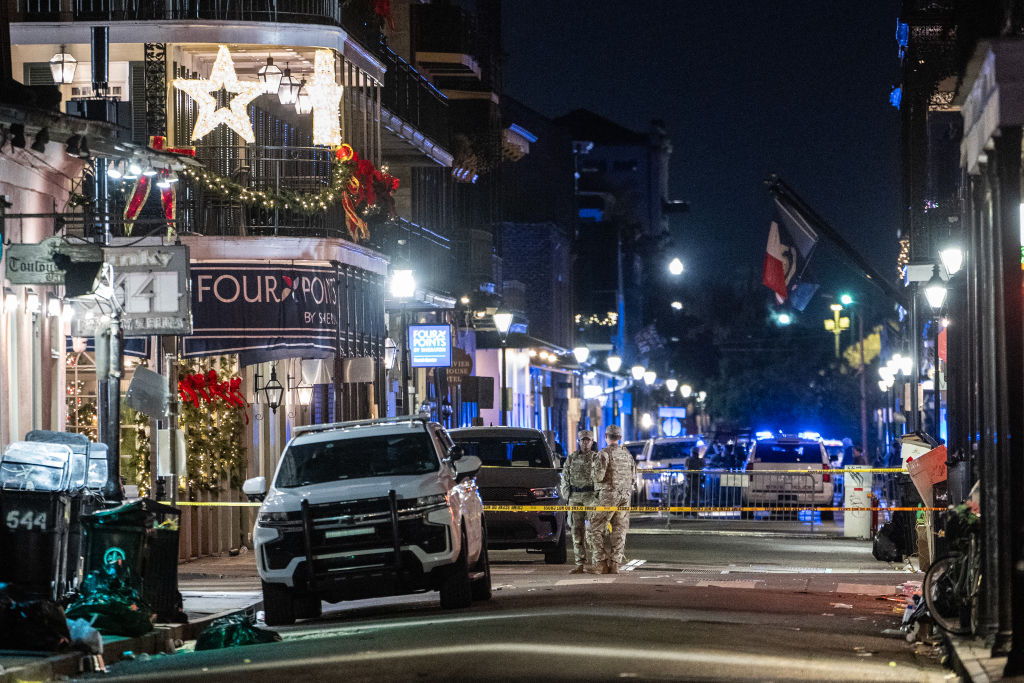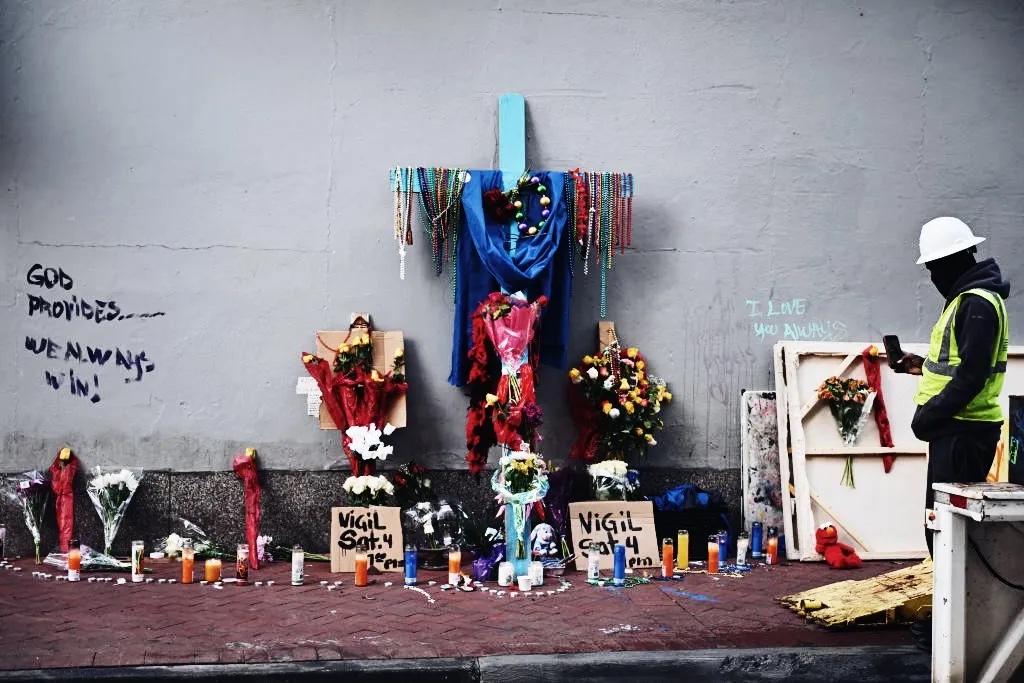The fateful day five years ago began like any other for the family. A pot of black tea with cardamon seeds sat on the table as Sara roused her youngest children and prepared them for school. But there were tiny clues. Leila, just turned 16 and wearing a floor-length dress, unusually offered to help. Her older sister Ayan appeared from her bedroom with a suitcase, which she said was being lent to a friend. Before they left, Leila whispered to each of her parents that she loved them.
The pair did not return after school. Sara tried to call them, but their phones were switched off. She knew they were good girls, however; it was their brother, slipping away from his Somali heritage, that was her source of concern. But they were still not back when Sadiq, her husband, returned to their home near Oslo. Then shortly before 6 p.m. came the email that turned their lives upside down. ‘We have decided to travel to Syria,’ it said. ‘We want so much to help Muslims and the only way we can really do that is by being with them in both suffering and joy.’
Two Sisters is an attempt to analyse what made two intelligent girls from a loving family in a comfortable Western society embrace the medieval cult of Isis. Although names are changed and the book has a novelistic style, it is based on a true story, Asne Seierstad being a Norwegian journalist and the bestselling author of The Bookseller of Kabul. The results are readable and informative — but ultimately rather unsatisfying, largely due to the disappearance of the central characters that leaves too many unanswered questions.
Certainly Seierstad has done diligent research into the family history and how Isis emerged like a deadly phoenix from the devastation following the 2003 invasion of Iraq. She explains how the sisters were radicalised — partly by a charismatic young tutor hired by their own family to teach the Quran. Their brother Ismael, between them in age, was repulsed by his teacher’s refusal to condemn al-Qaeda. But the girls were fascinated, and their mother brushed aside the boy’s concerns.
The pair began wearing niqabs and keeping to themselves, saying they hated Norway for its treatment of Muslims. Ayan, the ringleader, was self-confident enough to challenge her school’s demand she take gym classes with boys and shower with other girls. She became active in a local Salafist group. Leila changed her profile picture on Facebook to that of a prominent extremist. There were many such missed clues as, inflamed by the outsider status felt by some second-generation immigrants, teenage angst and idealism slid into fanaticism.
This narrative is entwined with Sadiq’s efforts to find his daughters — even travelling into the conflict zone — and the family falling apart as Sara returned to Somaliland. Much of it is based on messages the girls sent to their brother before his feisty dismissal of their cause leads them to break contact. Sadiq is an engaging figure — brave, romantic and determined to save his foolish children. But he is also a fantasist who sells fake tips to newspapers to fund his search; so it is strange Seirstad does not treat with more suspicion his dramatic saga of escaping from a jihadist death cell after being taken for a spy. Sadiq claims to have endured beatings, mock beheading and seen fellow inmates with testicles burned by their captors.
Far more satisfying is No Turning Back, a stunning take on Syria’s tragedy by the veteran Middle East reporter Rania Abouzeid. She cuts through the complexity of a terrible conflict by relying on a small cast of characters to explain how Arab Spring protests seeking reform sparked such carnage and savage chaos. Among them is ‘a floppy-haired jokester’ named Bandar who ends up in an Isis cell having another inmate’s severed head waved in his face. As he prepares for his own expected death, this man recalls how fighters once returned a small sum of cash from a friend who had died three months earlier and wonders how their noble revolt turned so sour.
Abouzeid’s writing is clear, her analysis sharp, her sympathy deep as she answers this key question of our age. Few of the major players emerge with much credit — from the barbarous dictator who deliberately encourages jihadism to divide opponents, through to the feuding forces fighting him and the hesitant, naive Americans. At one stage, Washington earmarked $500 million to battle Isis but not Bashar Assad, so recruited just 180 fighters after spending $384 million before abandoning the dismal effort in late 2015. This typified their stop-start engagement before being outflanked by Russia.
Yet what makes this book so compelling are the actors selected by the author for central roles in her work. People such as Suleiman, a wealthy young idealist who starts posting videos of protests online and ends up suffering hideous torture made worse by his links to the ruling regime. Abu Azzam, a literature student with a love of poetry who becomes a military commander with a moderate force. Mohammad, another militia leader but with al-Qaeda’s affiliate in Syria. And Ruha, who enters the story as a frightened nine-year-old, opening her front door to security forces seeking her father, and ends up a wistful refugee in Turkey.
This is the best book I have read on the descent of Syria into dark hell and humanitarian disaster. It reminds us that while no one really knows how many people have died in those pulverised cities and bloodstained cells, the shattering of this wondrous nation into millions of shards remains at heart a nightmare for human beings. So many individual tales of woe and loss, multiplied several million times over. Abouzeid has provided them with a voice while presenting an engrossing book that explains how decent demands for demo-cracy spiralled into savagery that shames the world.



